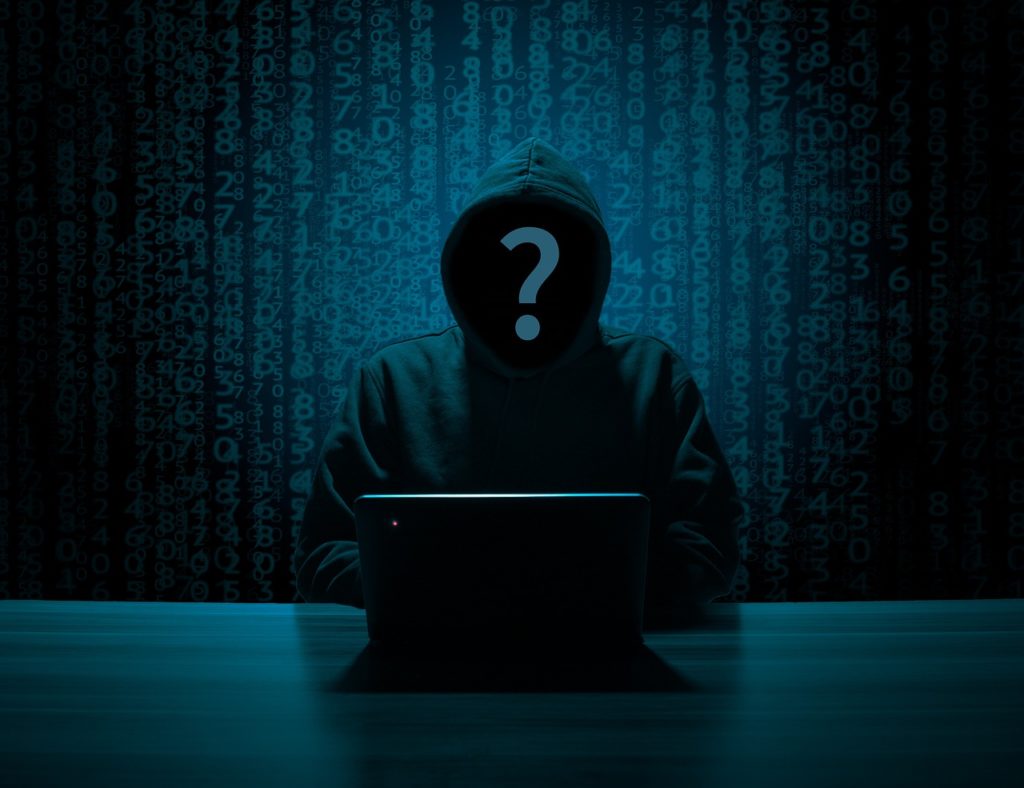Overview of Ethical Hacking as a Hobby
Ethical hacking, also known as “white hat” hacking, is the practice of using computer skills to help organizations and individuals secure their systems and prevent cyber attacks. Many people are drawn to ethical hacking as a hobby. It allows them to use their technical knowledge to do good, and it can be both challenging and rewarding.
One of the main reasons why ethical hacking is such a popular hobby is because it offers a sense of accomplishment. When you successfully find a weakness in a system and help to fix it, you are making a real difference in the world of cybersecurity. This sense of accomplishment can be incredibly rewarding, and it can motivate you to continue learning and improving your skills.
Another reason why ethical hacking is a great hobby is that it is constantly evolving. As technology advances, new vulnerabilities and weaknesses are discovered. Hackers must constantly update their skills and knowledge to stay ahead of the game. This means that there is always something new to learn and explore in the world of ethical hacking. It can be incredibly exciting for people who enjoy staying on the cutting edge of technology.
What’s the best way to learn ethical hacking?
If you are considering taking up ethical hacking as a hobby, there are a few things you should keep in mind. First and foremost, it is important to understand that ethical hacking is not the same as illegal hacking, or “black hat” hacking. Ethical hackers work with organizations and individuals to help secure their systems. Whereas criminal hackers seek to exploit weaknesses for their own gain. It is essential to understand the difference between the two and to always operate within the bounds of the law.
In order to become an ethical hacker, you will need to have a strong foundation in computer science and a good understanding of network security. Many online resources and courses are available to help you learn the necessary skills. And many organizations offer certifications that can help validate your knowledge and expertise.
As with any hobby, it is important to approach ethical hacking with the right mindset. This means being willing to learn and putting in the time and effort necessary to improve your skills. It also means being responsible and ethical in your actions, and always considering the potential consequences of your actions.

In conclusion, ethical hacking as a hobby can be a good way to learn about computer security and practice valuable skills in a safe and legal environment. By understanding how hacking works, ethical hackers can help identify and protect against potential security threats. Which can ultimately help make the internet a safer place for everyone. Additionally, pursuing ethical hacking as a hobby can be a fun and engaging way to challenge oneself. As well as stay up-to-date with the latest developments in technology. Overall, ethical hacking can be a rewarding and educational hobby that can benefit both the individual and society as a whole.
How to Become an Ethical Hacker
The best way to learn ethical hacking is to start by familiarizing yourself with the basics of computer networks and computer security. This can include learning about common network protocols, network security technologies, and common security vulnerabilities.
Once you have a solid understanding of these fundamentals, you can begin learning more advanced topics. Such topics includes penetration testing and vulnerability assessments. There are many certification programs to help increase your skills and identify you as a qualified candidate.
How much does ethical hacker earn?
Ethical hacking can be a lucrative career option! However, the amount you can earn will depend on several factors. These include your level of experience, the specific job you are doing, and the demand for ethical hackers in your area. Generally speaking, ethical hackers with a strong skill set and experience can earn a good salary, with some earning six-figure salaries. The average salary range for ethical hackers un the U.S. in 2023, is from $95,030 to $121,529. However, it’s important to keep in mind that the field of ethical hacking is constantly evolving. So, continuing to learn and improve your skills is essential to staying competitive and earning a good salary.

5 Fun Facts About Cyber Security
- Cyber security threats are constantly evolving. As new technologies are developed and new vulnerabilities are discovered, attackers find new ways to exploit them. This means that organizations and individuals need to constantly update their defenses to stay one step ahead of the attackers.
- Cyber attacks can have serious consequences. A successful attack can result in the theft of sensitive information, disruption of services, and even physical damage to equipment. In some cases, the effects of a cyber attack can be devastating and long-lasting.
- Cyber security is not just the responsibility of IT departments. While IT professionals play a key role in protecting networks and devices, everyone in an organization has a part to play in protecting against cyber threats. This includes adopting safe practices, such as using strong passwords and avoiding suspicious links, and being aware of the potential risks.
- Cyber security requires a multi-layered approach. No single solution can provide complete protection against all cyber threats. Instead, organizations need to adopt a defense-in-depth strategy that combines multiple layers of protection. These include firewalls, intrusion detection systems, and security awareness training.
- Cyber security is a growing field. As the need for cyber security continues to increase, the demand for professionals with the skills and knowledge to protect against cyber threats is also growing. This makes it an exciting and rewarding field to enter, with many opportunities for career advancement.
Follow Us
Browse our ultimate list of hobbies for more ideas of things to try. Don’t forget to save our homepage to your favorites.





